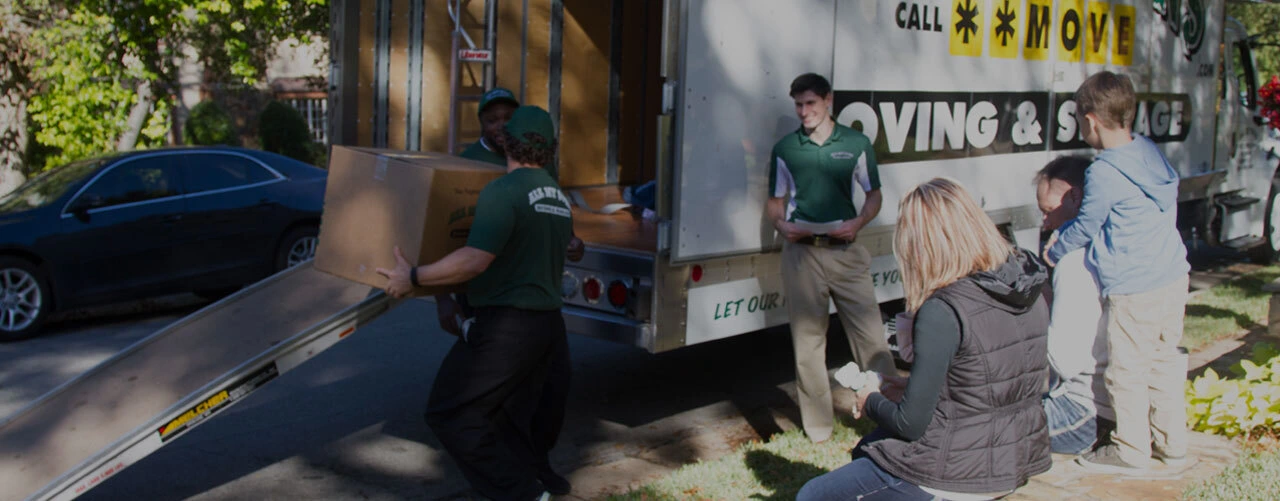What You Need to Know About Mold in Your Home
The word “mold” doesn't exactly conjure up warm fuzzies for many people. Mold spores can certainly be toxic, but scenarios in which growths are large enough to pose poisoning risks to humans are rare. The more common problem with out of control mold growth is property damage. What's worse is that most insurance policies don't cover mold damage, and typically insurers deny these kinds of claims. So, what should you do when you find mold, fungus or bacteria in your home? The Denver local movers want to help you learn about mold and what kind of mold is harmful to you and your family. First off, let's examine the types of mold:For homeowners, the most important kinds of molds to know about are the four most common indoor molds: Cladosporium, Penicillium, Alternaria, and Aspergillus. Mold is happiest and grows best where conditions are warm and damp, so basements and showers are high-risk growth areas.In terms of health, the good news is that most people are not affected by mold at all. But for those who are mold-sensitive, certain types of mold have the potential to cause some severe and mysterious symptoms. Routine exposure in the home or workplace can cause eye and skin irritation or breathing difficulties in people with pre-existing conditions like asthma or eczema. And for those with serious mold allergies, reactions can be much more severe.Children, the elderly, and people with generally low immune systems are susceptible to respiratory problems from mold. If you believe you or someone you love is becoming ill from mold exposure, see a doctor. Whether or not your home insurance will cover mold-related damages or mold eradication procedures depends on your policy and the factors contributing to the mold's growth. Most mold growth is caused by water leakage or poor ventilation and unfortunately, many homeowners' policies do not cover all kinds of water damage. Mold damage harms the value of your home since mold can make it nearly impossible to insure your home.

